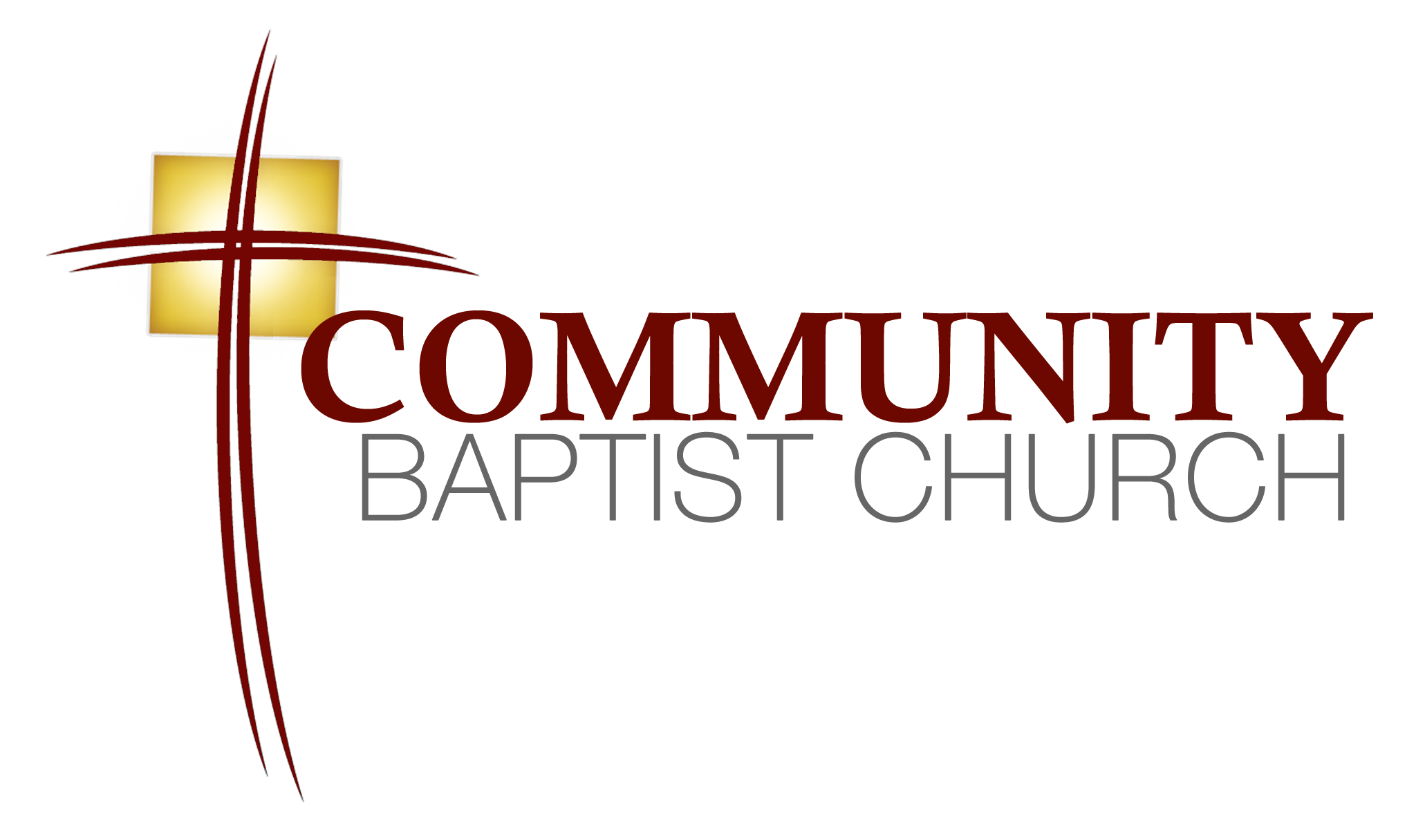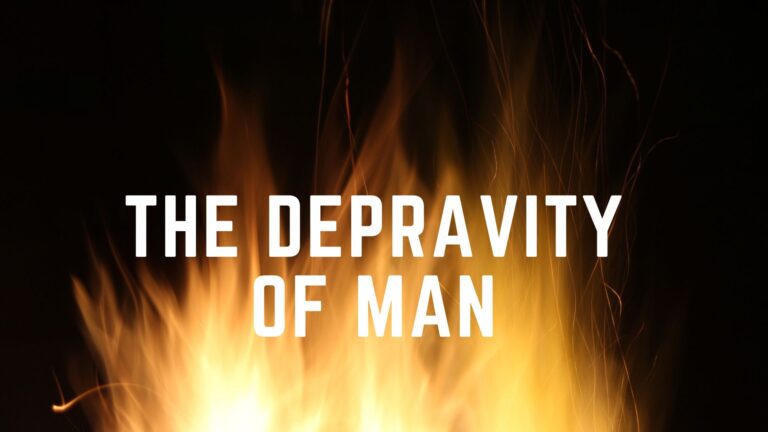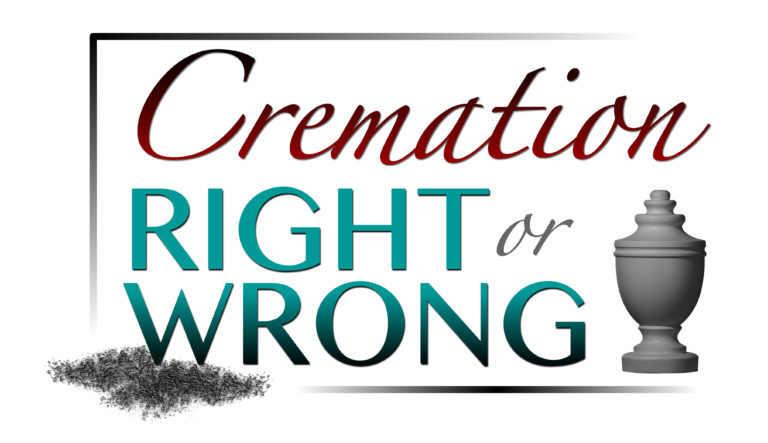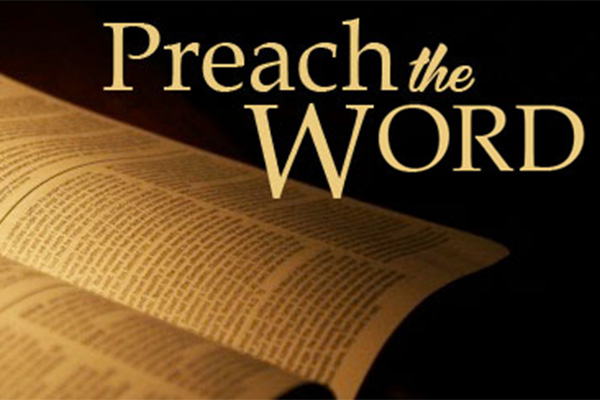A 9/11 Reflection: We Have Forgotten
Friday morning (09/11/2020) marks the 19th anniversary of the terrorist attack on the Twin Towers in NYC and on our nation. That was a morning that no American who witnessed the attack will ever forget. For me, as the Administrator of our school, we turned on the classroom TV and watched in horror as the…







